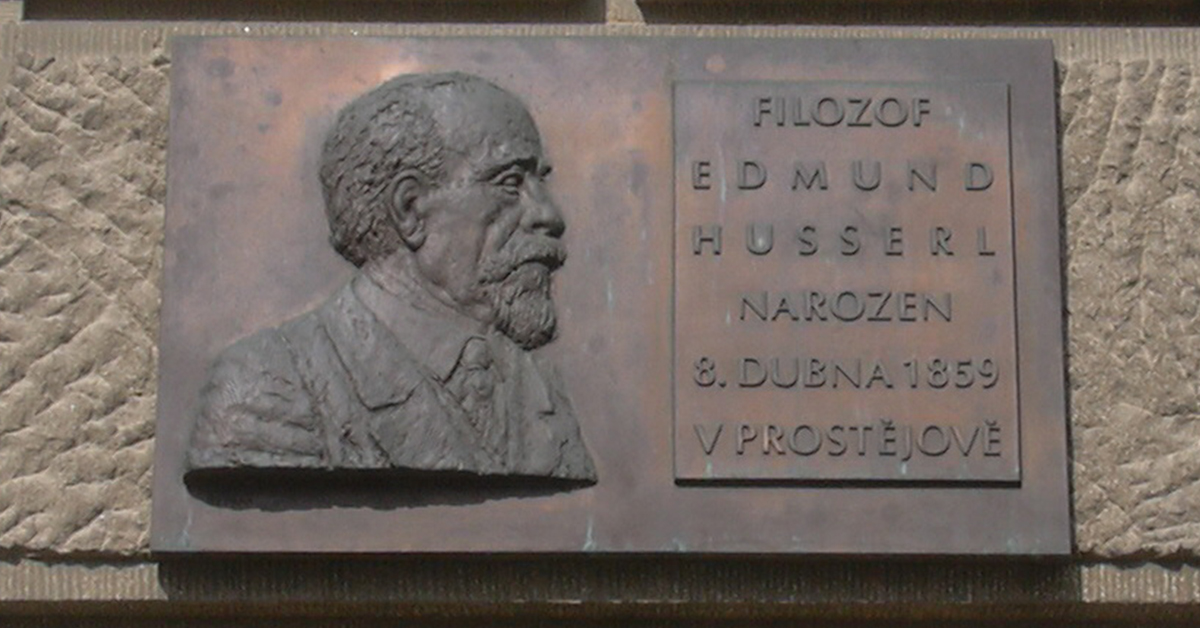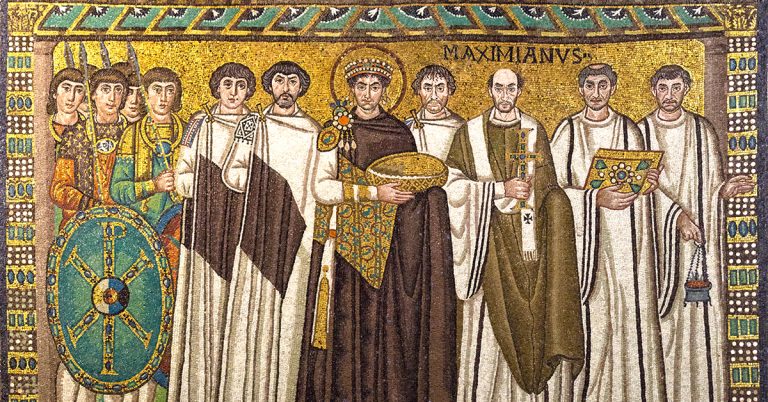
By Sean Gaston
In my recent article And Don’t Forget Phenomenology, Etc. in Derrida Today 14.1 (2021), I refer in a footnote to Jacques Derrida’s last readings of Husserl (48 n.10). Some fifty years after he had become a dedicated reader of phenomenology, Derrida gave a paper in the summer of 2002 that was collected in the 2003 book, Rogues: Two Essays on Reason. Appropriately, ‘The “World” of the Enlightenment to Come (Exception, Calculation, and Sovereignty)’, talks about Husserl’s final, unfinished book, The Crisis of European Sciences (1935-1937), which was published posthumously in 1954, the very year that Derrida completed his master’s thesis on the problem of genesis in phenomenology.
Husserl was writing his last work in the mid-1930s. It is a passionate call for the defence of European reason and science in a time of crisis, between the two world wars. Derrida asks in 2002, and we can ask again in 2021, in the midst of a global pandemic: ‘would we be able to repeat this call? Should we displace it? … Or should we week to reactivate it and found it anew?’ (Rogues 124). Keeping in mind that in the summer of 2002 the world was dealing with the immediate aftermath of the attacks in America on 11 September 2001, Derrida goes on to suggest that rather than just follow Husserl, ‘we must try to think … something other than a crisis’ (124). Derrida is responding here specifically to Husserl’s sense in the 1930s of the imminent crisis of reason in Europe.
As Derrida suggests, when Husserl speaks of ‘a sickness of reason’ or of ‘the sickness of Europe’, he is searching for reason’s inherent immunization and for reason as the perfect immunity from a host of ills and illnesses (125-26). However, the limitations of this argument are readily apparent: a ‘transcendental autoimmunity’ requires ‘a transcendental pathology’ (125). And it is reason itself in Husserl’s account that produces an ‘evil’, which is ‘nothing other than finitude’, in view of the phenomenological imperative for health as the infinite tasks of reason (125). Husserl recognises that the ‘factual finiteness’ of reason’s labours is always necessary, but he insists that these must never hamper ‘the idea of its infinite task’ (126).
At the same time, as Derrida reminds us, Husserl’s target in the dark days of the 1930s was both a resurgent ‘irrationalism’ and the history of ‘a certain rationalist naïveté’ (126, 129). For Husserl, this naïveté has its origins in the history of science itself in the form of a reductive ‘objectivism’ (127). As Derrida points out, it is reason itself that ‘produces the crisis’: the crisis of reason (127). Reason is akin to an auto-immune disease: the cure of immunity is also the crisis of immunity.
Derrida approaches the impasse of this phenomenological pharmakon (both medicine and poison), by turning to Husserl’s broader critique of the ills of reason. Husserl is worried that ‘a certain development or becoming of plural logics and rationalities’ are emerging ‘that resists the teleological unity of reason’ (128). For Derrida, this is indicative of a problem in both Kant and Husserl about how a rational philosophy responds to events (128). Husserl wants philosophy to anticipate and to neutralise ‘the unforeseeable and incalculable’ (128). This should be the proper work of philosophy. In contrast to phenomenology, deconstruction is neither simply theoretical nor practical, in part because it is also a pragmatic response to events rather than a prearranged grid that incorporates what happens or takes place into its theoretical apparatus.
In this last reading of Husserl, Derrida ends by marking both his debts to and his profound differences with phenomenology. It was Husserl himself who distinguished between ‘a rigorous knowledge’ and mere ‘exactitude’ (132). Phenomenology opens the possibility of an eminently rational knowledge that cannot be describe as ‘calculability’ (132). For Derrida, one can therefore argue that ‘the rationality of the rational has never been limited … to calculability, to reason as calculation, as ratio, as account, as an account to be settled or an account to be given’ (133).
To describe a rationality that can work with deconstruction we have to think differently about what is reasonable. As Derrida concludes: ‘the reasonable, as I understand it here, would be a rationality that takes account of the incalculable so as to give an account of it, there where this appears impossible, so as to account for or reckon with it, that is to say, with the event of what or who comes’ (159). Nineteen years after these word were written, in the summer of 2021, we can say that a deconstruction of the pandemic would begin not with the crisis of reason, or with some kind of refined irrationality as some of its critics might think. Deconstruction would begin with a rationality that can respond in a time of unprecedented crisis.
Sean Gaston is a Research Fellow at the University of Melbourne. His publications in Edinburgh University Press journals include: ‘Une accélération affolante’, Oxford Literary Review 25.1 (2003); ‘A Palintropic Genealogy of the Diaphanous Exactitude of Pe(n)ser’, Derrida Today 1.2 (2008); ‘War and the Chances of Literature’, Oxford Literary Review 31.2 (2009); ‘The Fables of Pity: Rousseau, Mandeville and the Animal Fable’, Derrida Today 5.1 (2012); ‘Derrida and the Eco-Polemicists’, Paragraph 36.3 (2013); ‘And Don’t Forget Phenomenology, Etc.’, Derrida Today 14.1 (2021); ‘The Wounds of Rhetoric – Derrida on Condillac and Rousseau’, Paragraph 44.2 (2021).
Derrida Today focuses on what Derrida’s thought offers to contemporary debates about politics, society and global affairs. Articles cover research that deals with the ongoing relevance of Derrida’s work and deconstruction in general to contemporary issues. Find out how to subscribe, or recommend to your library.






